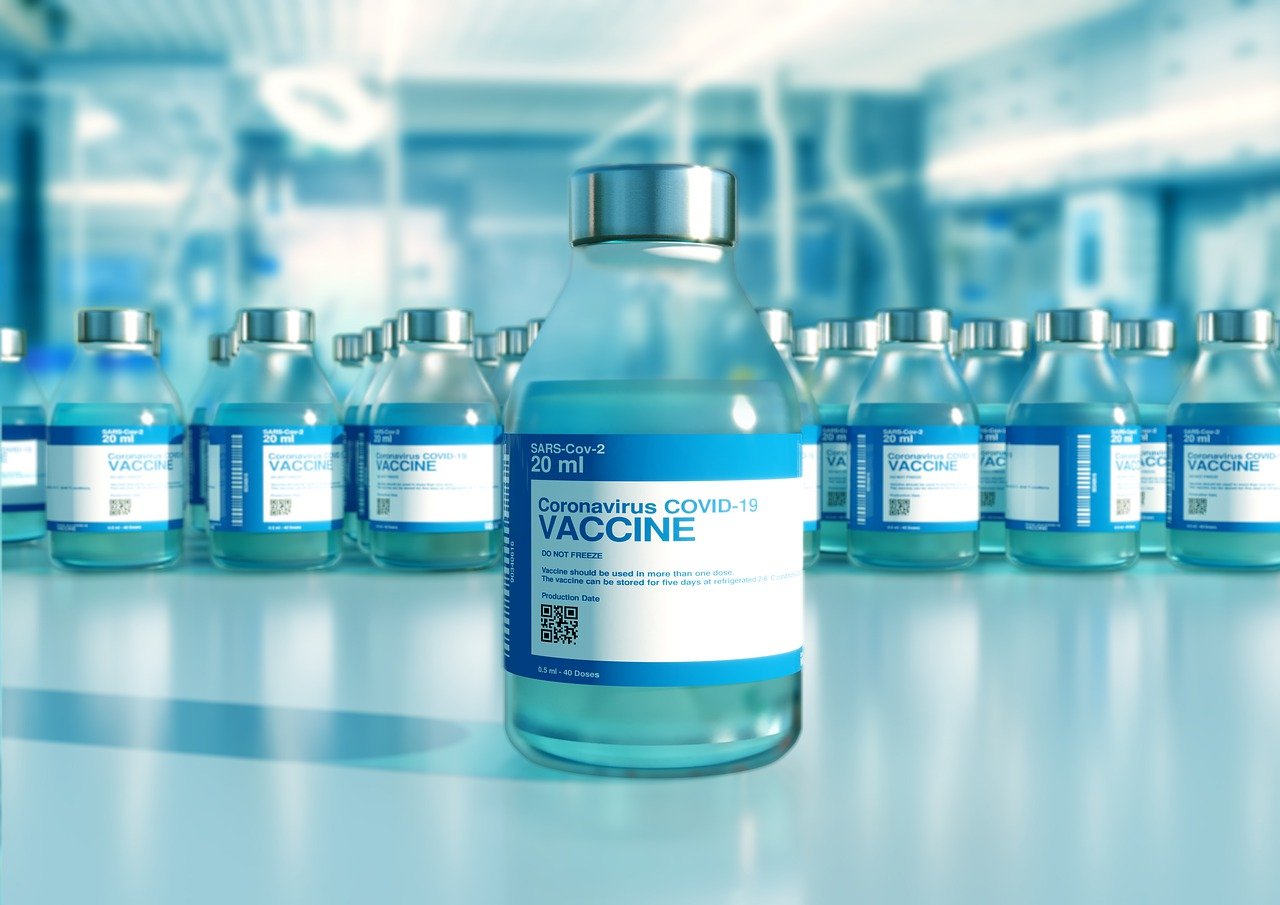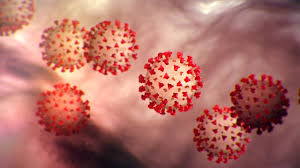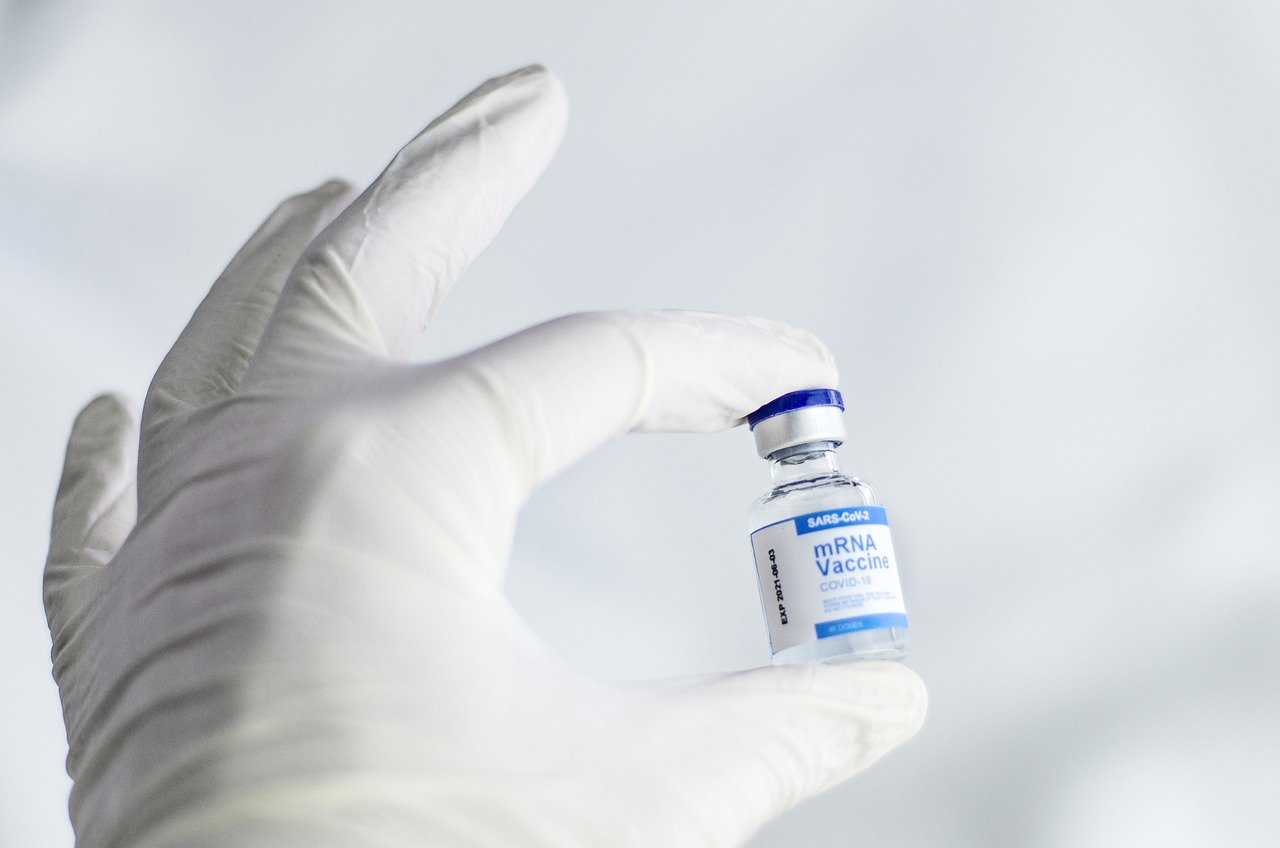It’s been steamy 100 degrees (38c) in the Washington, DC area the past four days and most people are probably thinking about cooling, not COVID-19. But the SARS-CoV-2 virus appears to be on the upswing again and people with multiple sclerosis (MS) shouldn’t ignore it.
The US Centers for Disease Control reports emergency room visits for treatment of virus symptoms were rising an average of about 23% a week at the end of June. My primary care physician confirms that she’s seen an upswing in COVID-19 cases since the Spring.
Keeping current with the vaccine
I received another COVID-19 vaccination in June, and it was a no-brainer for me. But it’s a difficult decision for some other people with MS. They’re worried about the vaccine triggering an exacerbation or making specific symptoms worse. How valid are those concerns?
A survey released in late 2021 reviewed side effects reported by more than 700 people with MS following their COVID-19 vaccinations. I was one of those people. The COVER-MS study, conducted by iConquerMS, showed the vaccine side effects reported by the people with MS were about the same as those reported by the general population. There was no indication that the vaccines were an MS trigger. At about the same time, an Italian study of the Pfizer-BioNTech vaccine reported no evidence that it increased the risk of MS relapses in the two months following vaccination.
On the other hand, people with MS did see some MS symptoms worsen if they became sick with COVID-19. An article published in July, 2022 in Neuology Advisor reported that over a third of MS patients experienced true exacerbations, pseudo-relapses, or other neurologic symptoms after becoming ill. That’s not surprising to me, since the virus can trigger a brief fever. And any increased body heat can trigger MS symptoms.
DMTs and the COVID-19 vaccine
Something to be considered about the COVID-19 vaccine, however, is that some of the disease-modifying therapies (DMTs) used to treat MS may reduce the vaccine’s efficacy. The concern is primarily about anti-CD20 therapies: ofatumumab (Kesimpta), ocrelizumab (Ocrevus), and rituximab; plus fingolimod (Gilenya). A study published in the October 2021 issue of Annals of Neurology reported that patients treated with these DMTs were up to 97% less likely to show the desired immune response for a period of time after being vaccinated than were people being treated with a different type of DMT.
It’s recommended that people with MS speak with their neurologist about the vaccine, particularly because of the anti-CD20 therapy considerations. The National MS Society has an excellent, DMT-by-DMT, overview of vaccination timing on its website.
I think the vaccine has protected me
In June 2021, after I’d received my first two vaccinations (primary and booster), my SARS-CoV-2 antibody test registered a whopping 2,500 units per milliliter (U/mL). According to the test report from LabCorp, a result of just 0.8 U/mL or higher indicates the presence of SARS-CoV-2 antibodies. Later antibody tests, taken as part of the COVER-MS study and after additional shots, showed I continued to have a robust antibody response.
In February of last year, I had a very mild case of COVID-19; a scratchy throat, mild cough, and a slight fever. It lasted less than 3 days and I treated myself with Advil. I’ve had colds that were worse. I attribute mildness to the antibodies triggered by my vaccinations.
A few weeks ago, the CDC recommended that everyone 6 months and older receive an updated 2024-2025 COVID-19 vaccine when it becomes available later this year. Moderna, Novavax, and Pfizer will all be providing it.
My wife and I expect to get that updated vaccine in the late fall, probably at the same time as we get our yearly flu shots. We’ve been vaccinated against the flu for as long as I can remember and I’m sure a COVID-19 vaccination will also become an annual must-do for us. We both believe the benefits far outweigh any risks.
(A version of this post first appeared as my column on the Rare Disease Advisor website.)



